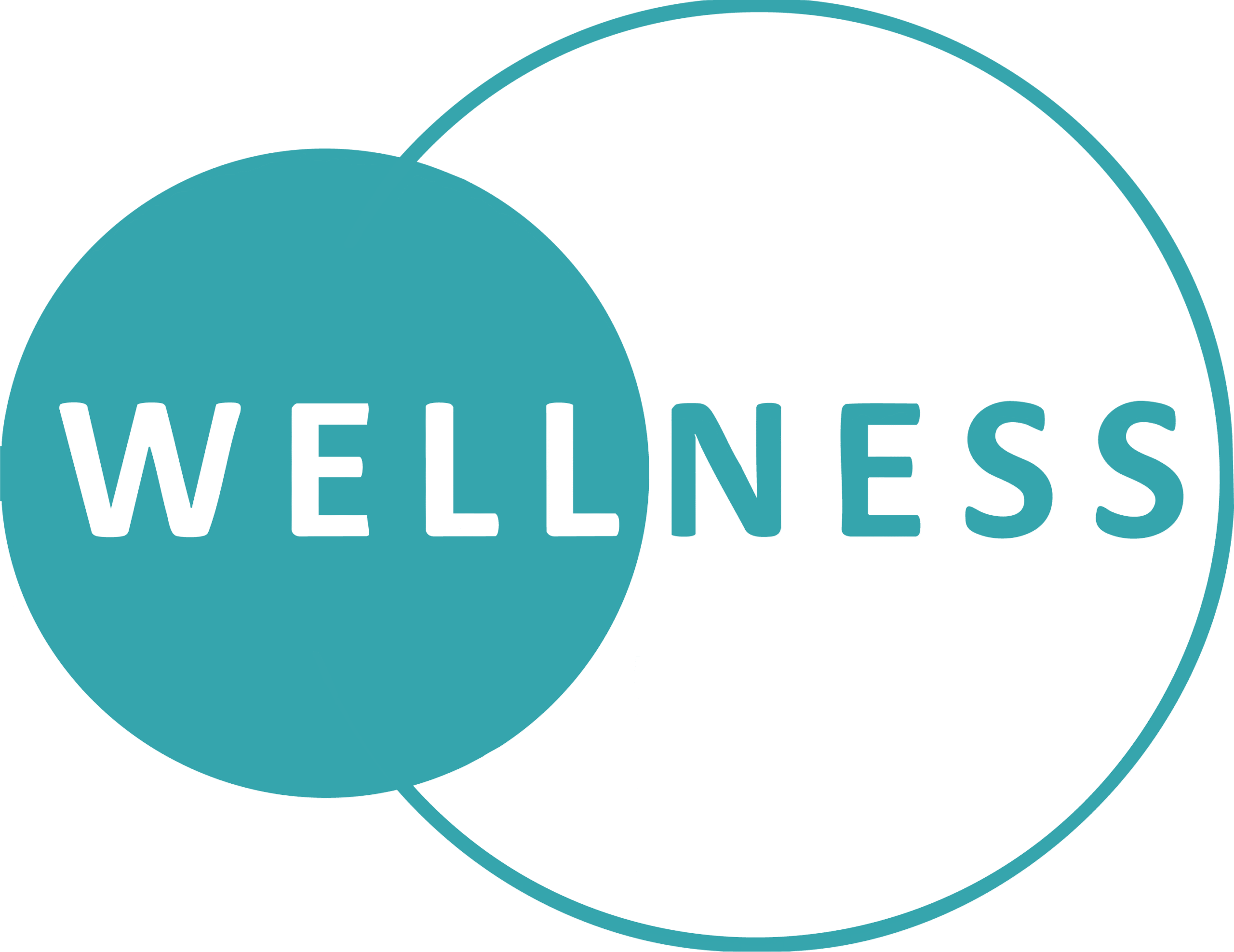Frequently Asked Questions
Wellness virtual care is an online telehealth platform designed to facilitate convenient access to healthcare, Australia wide. Wellness Telehealth Practitioners are AHPRA registered and follow the latest guidelines for the safe provision of telehealth services.Wellness Telehealth enables consultations with Nurse Practitioners via video or phone, accessible from any location with mobile coverage and a compatible device. . It’s a great option for non-urgent healthcare needs, where access to your regular practitioner isn’t practical. Services include obtaining prescriptions, sick certificates, and online referrals for blood tests and medical imaging.
At Wellness we offer a comprehensive range of services, including telehealth consultations. We also operate in-person clinics at select local pharmacies across Australia. If you’re picking up a prescription, be sure to ask about our on-site medical services.
If there are any concerns or issues, we are here to support you. Contact our friendly customer service team via the submission form or by emailing us directly at hello@wellnesshereforlife.com.au.
Our support team is available Monday to Friday, 9am-5pm AEDT.
Our support team is available 9am-5pm, Australian Eastern Time, Monday to Friday. Contact us directly at hello@wellnesshereforlife.com.au.
No, you do not need a Medicare card or an Individual Health Identifier (IHI) to attend a Wellness telehealth consultation. However, if your Nurse Practitioner needs to issue an eScript, referral, or diagnostic request, an IHI is required.
If you have a Medicare or DVA card, your IHI number is automatically acquired. Alternatively, we may retrieve your IHI from the details provided during sign-up in certain instances.
Obtaining an IHI online is the most efficient method, accessible through your myGov account. If you don’t have an account, it’s simple to create one.
You will need one of the following identification documents:
• Your passport, along with a valid Australian visa
• Your Australian driver’s license
To obtain an IHI online, follow these steps:
1. Sign in to myGov
2. Select services or link your first service
3. Choose the IHI service from the list
4. Follow the prompts to acquire your IHI and link the service.
A valid Medicare Card is required if you wish to receive any Medicare Benefits Scheme (MBS) rebate or subsidy pending eligibility
Eligibility criteria:
- Have had at least one face-to-face appointment with a Wellness Nurse Practitioner within the past 12 months.
- Child under the age of 12 months.
- Are homeless.
- Patients of NPs at an Aboriginal Medical Service or an Aboriginal Community Controlled Health Service. •
- People isolating because of a COVID-related State or Territory public health order, or in COVID-19 quarantine because of a State or Territory public health order.
- People affected by natural disaster, defined as living in a local government area declared a natural disaster by a State or Territory government.
- Patients for Blood Borne Virus and Sexual or Reproductive Health (BBVSRH) consultations (excluding assisted reproductive technology or antenatal care)
Our nurse practitioners can deliver telehealth services through telephone calls. However, it’s important to note that a video call offers a more optimal and comprehensive consultation. Therefore, we strongly recommend having video capability available.
A Telehealth link will be sent to you prior to the appointment start. In case you may experience connection challenges, our practitioner will call you from a Private Number to guide you further.
Please ensure your phone settings allow access to the camera and microphone and are configured to accept private or unknown numbers.
Appointments can be either cancelled or rescheduled up to 4 hours prior to your appointment time.
Late cancellations made less than 4 hours before the appointment or failure to show up without cancelling will incur the full service fee.
If your appointment is cancelled, rescheduled or waived in accordance with cancellation policy, the pre-payed amount will be released and/or a refund will be processed, as applicable. Refunds may take between 2-10 business days.
If you believe your situation qualifies, please contact our team at hello@wellnesshereforlife.com.au as soon as possible to discuss.
Once your appointment is confirmed, you’ll receive an automated confirmation email to your registered email address. In that confirmation email, you’ll find option under your booking details to “Cancel Appointment”, simply click on this button if you need to cancel or reschedule.
If you do not receive an email, please ensure you check your junk/spam folder and the email you used to register. For cancellation rules and fees, please see Cancellation Policy above.
Wellness Telehealth fee schedule:
Regular Telehealth Consult (Up to 15mins) – $42.99 + any applicable transaction fee
Extended Telehealth Consult (Up to 30mins) – $79.99 + any applicable transaction fee
*You may be eligible for a Medicare rebate if you meet certain criteria. Please review our Medicare rebates for Telehealth Appointments with Wellness Telehealth section above for more details:
Medicare rebate eligible appointments:
Regular Telehealth Consult (up to 15mins) – $42.99 with $27.05 rebate applied ($15.94 out of pocket cost). Extended Telehealth Consult (up to 30mins) – $79.99 with a $51.25 rebate applied ($28.74 out of pocket costs)
- Sedatives (like Diazepam, Alprazolam, Temazepam)
- Strong pain medications (like Morphine, Oxycodone, Tramadol)
- ADHD medications (like Methylphenidate, Dexamphetamine)
- Other controlled substances
Please contact us via submission form to check if we can provide a script for your needed medication or contact us directly via hello@wellnessvc.com.au
- Referrals for Medicare-rebated CT, MRI scans
- Centrelink medical certificates
- Medical certificates via telehealth for periods longer than 3 days
- Back-date medical certificates
- Care Plans (Mental health or Chronic condition management)
Nurse Practitioners are authorised healthcare professionals under the Health Practitioner Regulation National Law and are able to lawfully issue valid Medical Certificates. To be issued with a Medical Certificate, a Regular Telehealth Consult will be required. If you have a complex medical condition, or require more extensive assessment and/or investigation, it is recommended that you book an Extended Telehealth Consult. Medical Certificates will be sent to your email during the consultation.
Kindly note, it is unlawful to backdate Medical Certificates.
To book an appointment with one of our Nurse Practitioners’ simply click on the ‘book an appointment’ tab on our home page. You will then be guided through the appointment booking process to confirm the appointment. During this step, you will be asked for your personal information, before then being able to choice your appointment type, date and time, as well as which Nurse Practitioner you wish to book your appointment with.
Please ensure that all personal information entered when making an appointment are accurate and correct. Incorrect information may lead to delays or issues with your booking and medical records.
Once this process has been completed, you will receive an email confirmation. If you need to reschedule or cancel your appointment, you can do so using the link provided in the email.
E-Scripts are electronic prescriptions, that are able to be sent to you as a QR code via text message or email. If you prefer to have the eScript sent directly to your pharmacy, please advise the Nurse Practitioner during the consult and this can be arranged.
E-Scripts are available to both Medicare card holders and individuals without a Medicare card, including visitors, temporary residents, and international students, provided they have an Individual Healthcare Identifier (IHI).
If you’ve received a reminder for your next Prolia injection, renewing your prescription is quick and easy. Simply book a telehealth appointment with one of our experienced nurse practitioners through our website:
- Click the “Book an Appointment” button on our homepage.
- Choose your preferred appointment time, practitioner, and an appointment type “Regular Telehealth Consult”.
- Enter your details, including your Medicare card information.
- Confirm your booking.
Influenza (or ‘the flu’) is caused by three types of influenza virus – A, B and C that infect the respiratory system. Influenza is contagious and is spread by coughing, sneezing and direct contact with an infected person or by touching a contaminated surface. You may be infectious for approximately a day before symptoms appear.
Symptoms of flu include: fever, muscle aches, headache, lethargy, dry cough, sore throat, and a runny nose. The fever and body aches may last for 3-5 days, whilst the cough and lethargy may last for two or more weeks.
Influenza can cause serious complications that may require hospitalisation or may even be fatal.
Influenza (or ‘the flu’) is a respiratory illness that occurs following an infection with influenza viruses. Sometimes the term ‘the flu’ is used incorrectly to describe the common cold or other respiratory viruses. This is because their symptoms can be similar to those caused by influenza. There are many different viruses and some bacteria that can cause these symptoms.
The influenza vaccine will only protect you from the influenza virus. Usually, influenza is more severe and lasts longer than a cold or other viral respiratory illness.
Annual vaccination against seasonal influenza can reduce your chances of catching the virus and can also reduce the severity of symptoms if you do get sick.
The seasonal influenza vaccination is recommended every year for most people aged six months or older.
Persons with known egg and chicken allergies are unfortunately not able to participate in this service, but are encouraged to seek advice from their healthcare practitioner. Persons who have experienced an anaphylactic reaction to antibiotics neomycin, gentamicin, polymixin or thiomersal are also not eligible to participate in this service.
The best time to be vaccinated against influenza is in autumn, before the flu season starts. The vaccination can take up to two weeks to develop protection and provides immunity against influenza for around three to four months depending on the individual’s immune system.
It is recommended that you receive the influenza vaccination every year as the different strains of virus can change from year to year. This ensures you are protected against the most recent virus strains.
Like any medication, some people may experience an unexpected reaction to the influenza vaccine. Common side effects following vaccination for influenza may include:
- pain, redness and swelling or a lump at the injection site
- low grade temperature
- headache or muscle aches
- drowsiness or tiredness
- generally feeling unwell.
Most side effects are minor and last only a short time. Generally, mild reactions begin within six to 12 hours.
As with any medication, very rarely will you have a severe allergic reaction, which will usually occur within 15 minutes of receiving a vaccine. Because of this, it is important for you to wait for 15 minutes after receiving your vaccination before leaving.
Your immuniser will advise you of the potential side effects of having the flu vaccine and what you should do if you have a reaction.
The formulation of influenza vaccines for use in Australia is determined each year by the Australian Influenza Vaccine Committee (AIVC) based on information and recommendations from the World Health Organization (WHO). The details of which strains of influenza antibodies are contained in this year’s vaccine can be found at www.influenzaspecialistgroup.org.au.
The vaccine administered will be an inactivated quadrivalent influenza vaccine approved by the Therapeutic Goods Administration (TGA) according to the age of the patient.
The vaccination service is relatively quick, taking less than 5 minutes which allows for the nurse to confirm consent has been provided, that the person being vaccinated is well and has no contraindications to vaccination, and to administer the vaccine.
Following the vaccination, the person vaccinated is required to remain in the observation area for a further 15 minutes.
All our clinics are run through pharmacies located across Australia. Check in with your local pharmacy to see if they have an in-person clinic scheduled and if not point them our way!
Sedatives (like Diazepam, Alprazolam, Temazepam)
Strong pain medications (like Morphine, Oxycodone, Tramadol)
ADHD medications (like Methylphenidate, Dexamphetamine)
Other controlled substances

